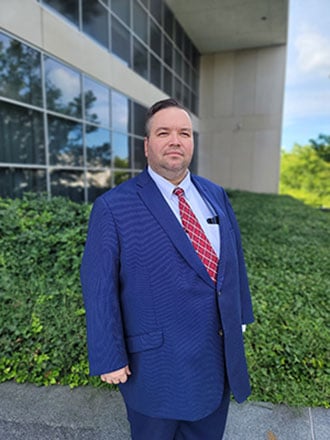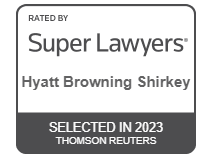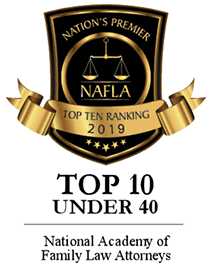Helping Families In Their Time Of Need
At Hyatt Browning Shirkey Law Firm, PLC, we appreciate that when you hire our firm, you are entrusting us with protecting the best interests of the most important people in your life; your family. We take that responsibility seriously and treat all of our clients the same as we would treat members of our own family.
Providing Family Law, Fiduciary,
Counsel And Litigation Services Across Virginia
At Hyatt Browning Shirkey Law Firm, PLC, we are passionate about helping families when their lives are disrupted by legal challenges. Our founding attorney, Hyatt Browning Shirkey and his amazing staff deliver personalized service and make themselves available to the firm’s clients. He provides counsel and legal advice and represents clients in court when litigation becomes necessary. Whenever possible, our legal team wants to be involved in developing a case from the beginning, gathering evidence, offering advice and guiding clients through every step of the legal process.
Practice Areas
Child Custody
Fiduciary Counsel and Litigation
Providing counsel on fiduciary responsibilities, representation in fiduciary and Adult Protective Services litigation and serving as guardian, conservator and power of attorney.
Juvenile Law
Representing clients in juvenile delinquency and truancy hearings as well as Child Protective Services litigation and administrative hearings.
DUI Defense
We can help you reduce the negative effects of a DUI arrest on your driving record, insurance rates and other aspects of your life.
Personal Injury
Responsive Service
Tailored To Your Needs
Whether it’s issues concerning kids or incapacitated adults, we offer a calm and steady hand in guiding clients through the legal process. Attorney Shirkey leverages his undergraduate degree in Psychology and his years as a camp counselor to connect with both young and old clients. Our firm strives to treat our clients the same way we would treat a family member in need. We strive to be as responsive as possible and work around our clients’ schedules as much as we can.
Responsive Service
Tailored To Your Needs
Whether it’s issues concerning kids or incapacitated adults, we offer a calm and steady hand in guiding clients through the legal process. Attorney Shirkey leverages his undergraduate degree in Psychology and his years as a camp counselor to connect with both young and old clients. Our firm strives to treat our clients the same way we would treat a family member in need. We strive to be as responsive as possible and work around our clients’ schedules as much as we can.
Serving the needs of families in Roanoke for more than a decade.
Serving the needs of families in Roanoke for more than a decade.
An Award-Winning Firm
Recognized By Peers And Clients
For more than a decade, Hyatt Browning Shirkey Law Firm, PLC, has been building a reputation for excellence in the legal field. Our firm currently has a five-star rating with Google and the Avvo legal directory with over 30 reviews in each platform. Our legal team is proud of the hard work and dedication that went into earning these accolades. We strive to achieve a favorable outcome for every client through tireless effort and dedication.
To schedule a free initial consultation, call 888-790-0396 or fill out the online contact form. We look forward to speaking with you.
An Award-Winning Firm
Recognized By Peers And Clients
For more than a decade, Hyatt Browning Shirkey Law Firm, PLC, has been building a reputation for excellence in the legal field. Our firm currently has a five-star rating with Google and the Avvo legal directory with over 30 reviews in each platform. Our legal team is proud of the hard work and dedication that went into earning these accolades. We strive to achieve a favorable outcome for every client through tireless effort and dedication.
To schedule a free initial consultation, call 888-790-0396 or fill out the online contact form. We look forward to speaking with you.
Our Founder
Hyatt Browning Shirkey
Hyatt Browning Shirkey, was selected to Super Lawyers Rising Stars from 2018 to 2023. He was also named to the National Academy of Family Law Attorneys—Top 10 Attorneys Under 40 (2018-2019). After more than a decade in practice, attorney Shirkey has helped hundreds of families resolve their legal issues.









